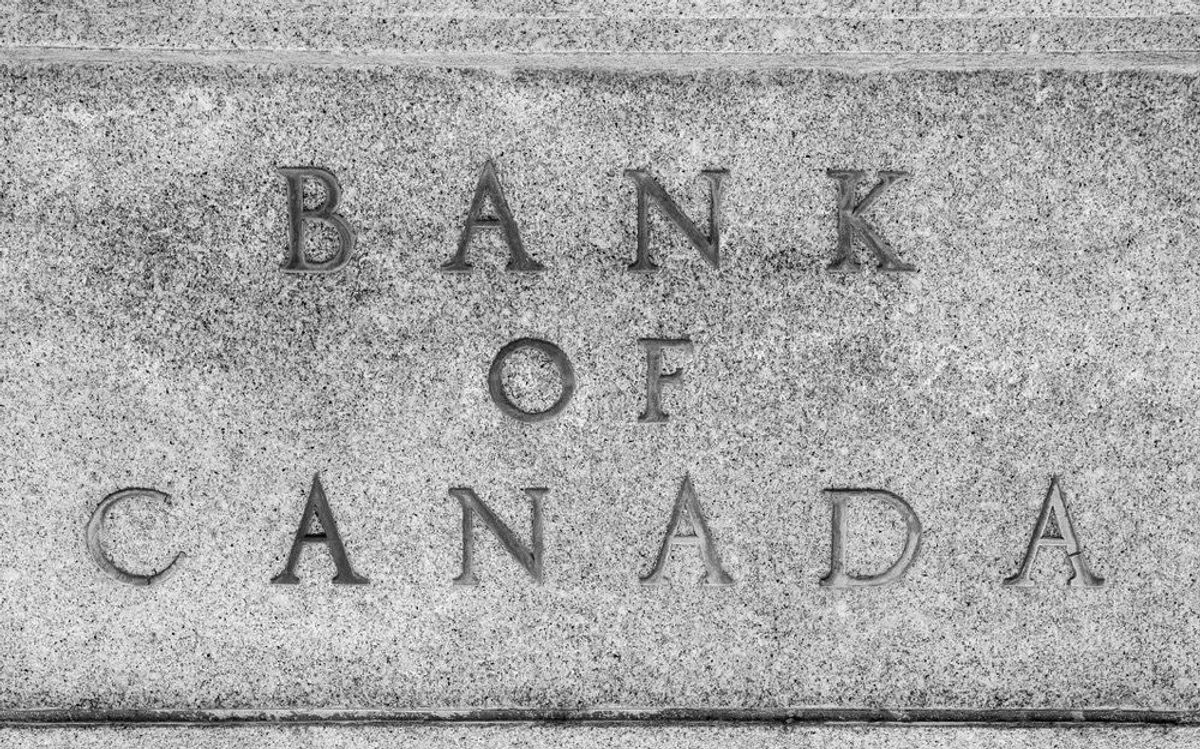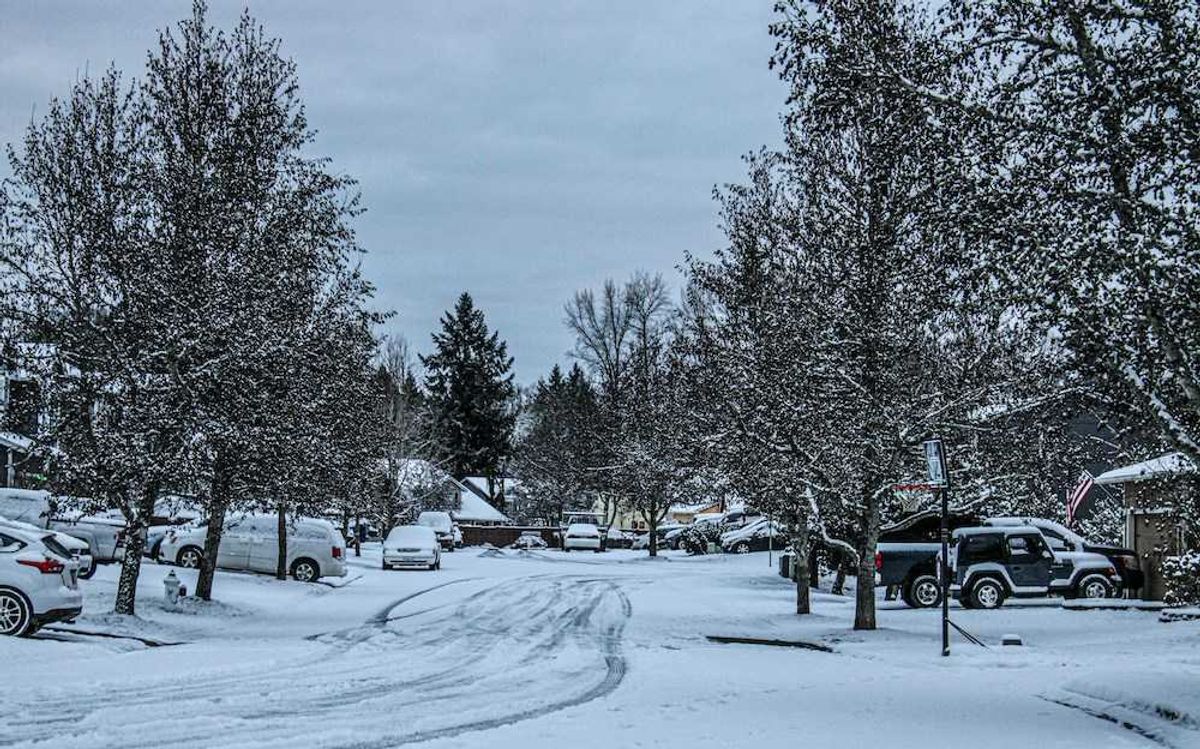Chances are, you have recently come across ads by the Building Industry and Land Development Association in support of Bill 23, the More Homes Built Faster Act. We have been very vocal about our support for this bold, innovative plan, which was recently introduced by the provincial government and received royal assent this week, because we know it will help Ontario and the GTA overcome a critical lack of housing supply and reduce the cost of housing.
Currently, it simply takes too long to get building approvals and it is too difficult to add gentle density. On top of that, new home buyers are unfairly burdened with escalating government fees and charges. Bill 23 addresses all of these challenges.
READ: OHBA Calls for Audit of How Cities are Spending Development Fees
Most importantly, Bill 23 will enable the building of more housing, more quickly, by introducing a culture change that is needed across Ontario, but especially in many municipalities in the GTA. In conjunction with Bill 109, the More Homes for Everyone Act, 2022, Bill 23 signals to municipalities that they must approve new housing in a timely manner, as required by provincial legislation. It also encourages parties such as conservation authorities to focus on their own core priorities. It rejects the attitude of “not in my backyard” that preserves the status quo and hinders the addition of new homes.
READ: Federal Government Should Send Strong Signal on Housing
The new housing plan also makes it easier to add the density needed in our cities. This is currently very difficult and expensive due to outdated and restrictive zoning. Bill 23 offers new provisions for adding gentle density across existing neighborhoods and greatly increased density around major transit areas. These measures are the very definition of anti-sprawl and they enable the highest and best use of land.
Finally, Bill 23 addresses the significant government charges collected on new homes and passed on to consumers. On average, 25% of the cost of a new home in the GTA consists of government fees, taxes and charges. This can add as much as $250,000 to the cost of a typical single-family home and more than half of that is added by municipalities. Municipal fees and charges have been escalating significantly, with development charges increasing between 250 and 800 per cent since the early 2000s.
Municipalities in the GTA have more than $5B in reserves from development charges, as well as parkland cash-in-lieu and section 37 payments collected on new homes. Bill 23 adds predictability on government charges, defines what should and should not be paid for by development charges, and limits future increases.
For too long, we have endured a housing supply and affordability crisis in Ontario, centered on the GTA. Bill 23, together with previous legislation, provides the solutions we need to build more homes, reduce the cost of housing and create a brighter future for everyone who lives here.





















